Pope Francis Dies at 88: A Turning Point for the Catholic Church
The Vatican woke up to a historic loss this Easter Monday. Pope Francis, who led the world's 1.4 billion Catholics with a combination of humility, bold reforms, and outspoken advocacy for the marginalized, died early in the morning at his Vatican home. The official death announcement came from Dr. Andrea Arcangeli, who confirmed the pontiff's passing at 7:35 a.m. in Casa Santa Marta after a cerebral stroke led to a coma and irreversible heart failure. Chronic respiratory issues and long-standing conditions like hypertension and type II diabetes troubled the pope’s health for years, ultimately contributing to his decline.
The scenes inside the Vatican shifted quickly from shock to somber tradition. Cardinal Kevin Farrell, as camerlengo, performed the ancient rites confirming the pope’s death and began preparations for the temporary period called 'sede vacante'—when the Holy See is vacant and the Church waits in limbo. He also supervised the transfer of Francis’s body, as prescribed by Vatican ceremonial protocol.
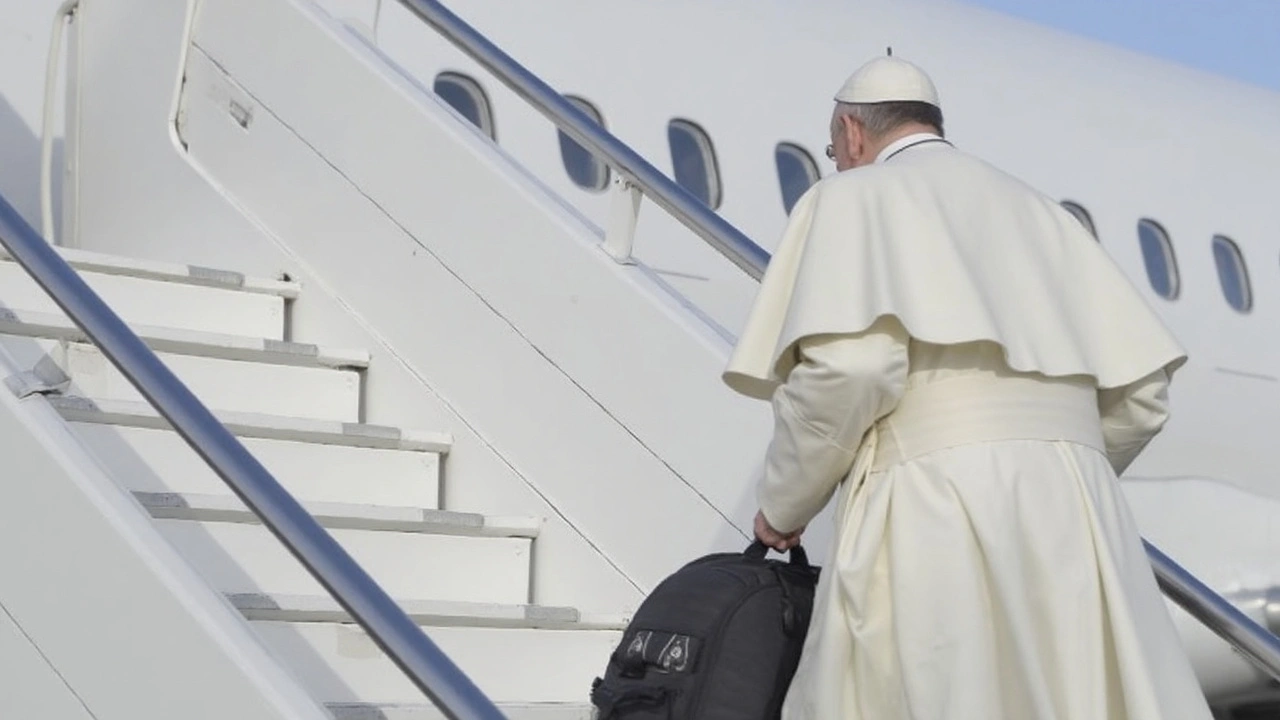
The Road to Succession: What Happens Now
The gears of the Vatican bureaucracy moved swiftly after Francis’s death. The College of Cardinals, a group of senior church officials from across the world, instantly assumed a central role. They will gather on April 22 for general congregations. Their first order of business: setting the date for the pope’s funeral and agreeing on how the Church will be managed during this unprecedented moment.
The process is steeped in centuries-old ritual. The Cardinals will soon prepare for a conclave—the secretive, closely watched gathering where they’ll vote on a new pope to succeed Francis. The last time such a transition took place was in 2013, when Francis replaced Benedict XVI, who became the first pope in nearly 600 years to resign. This new conclave will take place against a dramatically changed backdrop, as the Church grapples with modern challenges and the enduring impact of Francis’s own reforms.
Pope Francis didn’t just break ground with his nationality—being the first Latin American and first Jesuit pope. He was also known for taking on tough topics inside the Church, addressing sexual abuse scandals with direct language, and steering the Vatican towards greater transparency in its finances. He drew international attention for siding with refugees, speaking out for the poor, and challenging powerful interests. For many Catholics, these steps made him a figure who brought hope and controversy in equal measure.
The coming days will see an outpouring of grief from faithful Catholics, global leaders, and ordinary people who saw Francis as the face of a Church trying to find its place in the modern world. The unity of the College of Cardinals, and the direction they choose for the next phase of the papacy, will signal what’s next for the Church after a decade shaped by Francis’s hands-on leadership.

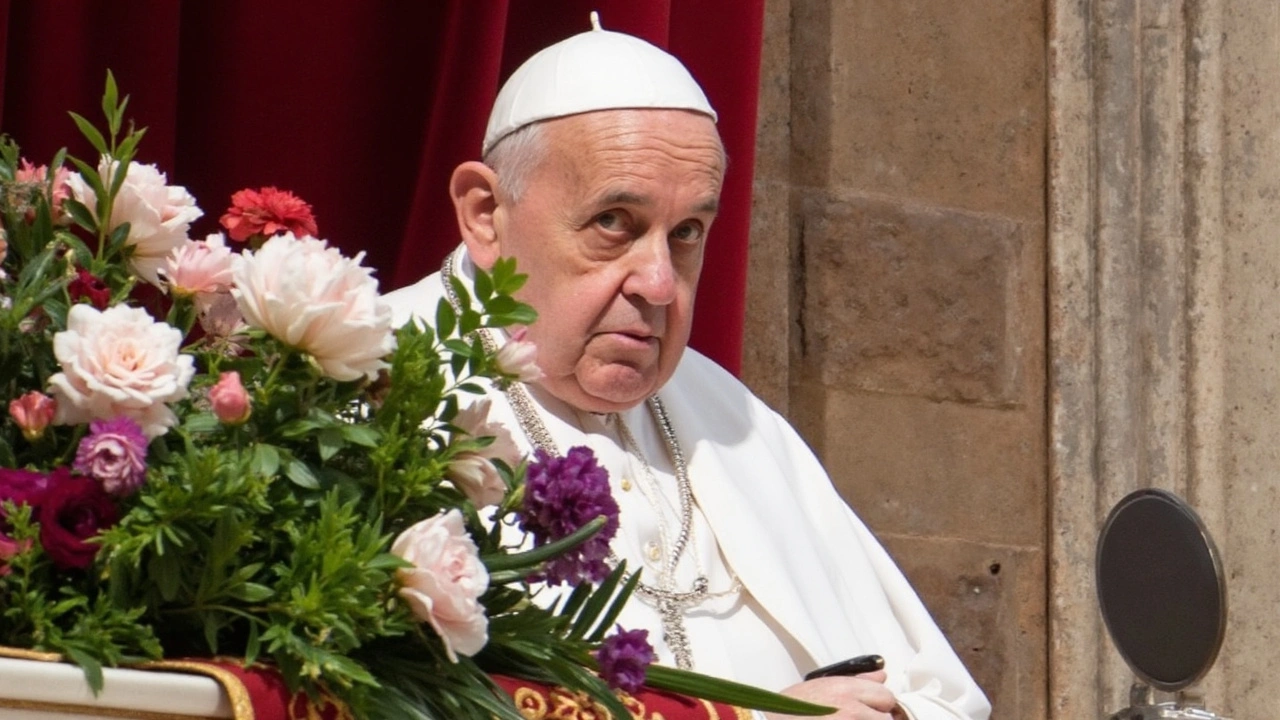
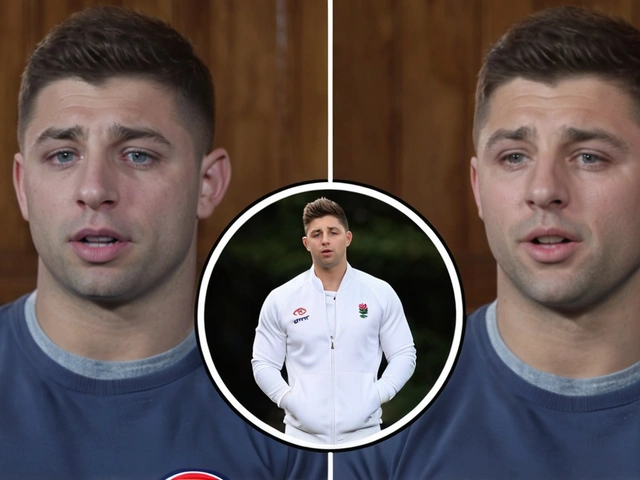
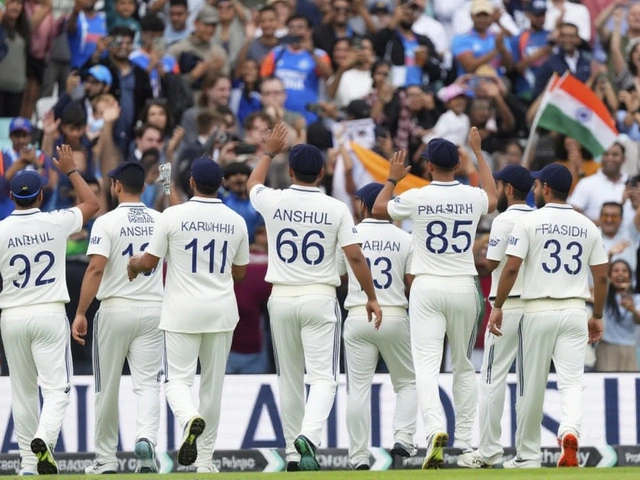
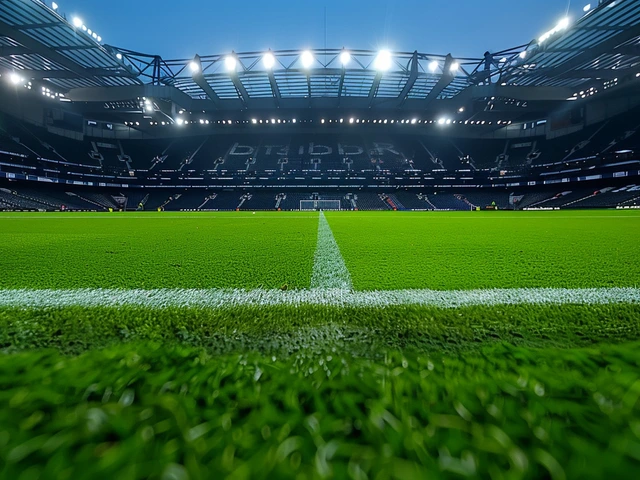
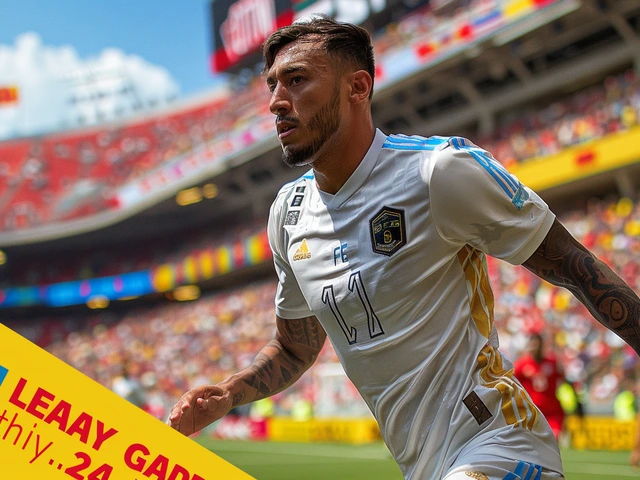
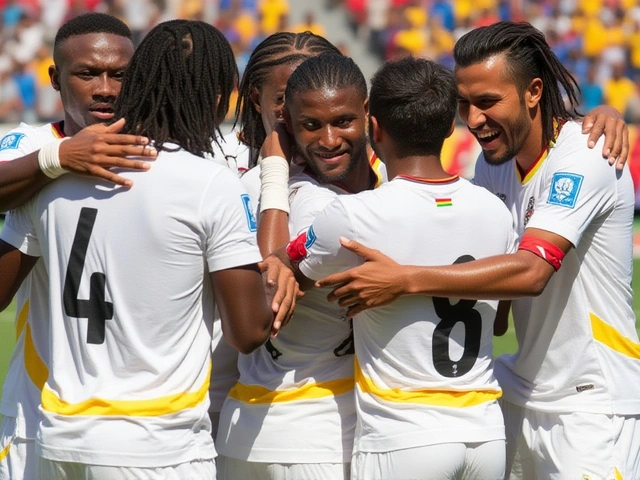
shefali pace
April 21, 2025 AT 23:15What a monumental moment for the faithful; the world feels the weight of Pope Francis's passing, yet I can’t help but feel a surge of hope. His legacy of compassion and humility lights a path forward, reminding us that even in darkness, a single candle can pierce the gloom. Let us gather our hearts and honor his memory by continuing the work he started-standing with the marginalized, speaking truth to power, and embracing the vulnerable with open arms. Our grief may be deep, but our resolve can be even deeper, forging a future where his spirit lives on in every act of kindness.
May we all carry his torch.
sachin p
May 5, 2025 AT 20:35I find myself reflecting on how the Vatican’s ancient traditions mesh with modern challenges, and it’s fascinating to see the blend of ritual and contemporary relevance. The way the College of Cardinals steps into the limelight right now feels like a bridge between centuries-old customs and the urgent questions of today’s world. It’s a quiet yet profound moment of transition.
sarthak malik
May 19, 2025 AT 17:55Just to add a quick fact‑check: the conclave will be held in the Sistine Chapel, and the cardinals will be under strict oath of secrecy. The voting process requires a two‑thirds plus one majority, which historically has taken anywhere from a few days to several weeks. Also, the elected pope will have the right to choose a papal name, often reflecting the legacy they wish to continue.
Nasrin Saning
June 2, 2025 AT 15:15We all feel the loss together and stand united in this time of mourning it is a moment for deep reflection
gaganpreet singh
June 16, 2025 AT 12:35It is a tragic epoch for the Church and for humanity at large, for the passing of a pontiff who dared to challenge centuries of complacency and who, with a gentle yet firm hand, ignited a fire of reform that many had thought impossible. His unequivocal stance on social justice defied the comfortable inertia that often shrouds religious institutions, reminding the faithful that the Gospel is not merely a set of doctrines but a call to action. He confronted the scourge of clerical abuse with a candor that many considered scandalous, yet it was a necessary rupture in the veil of secrecy that had protected the guilty for far too long. Moreover, his advocacy for the environment, articulated in encyclical form, placed the Church squarely in the global conversation on climate change, a bold move that signaled a shift from spiritual matters to ecological stewardship. The papal coat, once a symbol of unassailable authority, became for him a banner under which the poor and the outcast could rally. He employed the levity of social media to reach millennials, a generation often dismissed as indifferent, thereby bridging a generational chasm that has long plagued religious outreach. However, his tenure was not without controversy; his openness to dialogue with other faiths sparked backlash among traditionalists who feared dilution of doctrine. Yet, such dialogues are essential in an increasingly pluralistic world, fostering mutual respect and understanding. The cardinal electors now bear the heavy mantle of choosing a successor who will either continue this trajectory of openness or revert to a more conservative paradigm. Their decision will shape the Church’s stance on numerous pressing issues: the role of women, LGBTQ+ rights, and the approach to modern bioethical dilemmas. The sorrow we feel is compounded by the enormity of the responsibilities that lie ahead. In this period of sede vacante, the faithful must pray not only for the repose of Pope Francis's soul but also for wisdom among the cardinals as they deliberate. The world watches, awaiting the emergence of a new spiritual leader who can navigate the treacherous waters of modernity while anchoring the Church in its foundational tenets. May the spirit of compassion, justice, and humility that defined his papacy guide the next chapter of our shared journey.
Urmil Pathak
June 30, 2025 AT 09:55The conclave will decide the next Pope.
Neha Godambe
July 14, 2025 AT 07:15Dear colleagues, it is imperative that we reflect upon the magnitude of Pope Francis’s contributions to both ecclesiastical governance and global humanitarian efforts. While his approach to reform may have ruffled certain traditionalist feathers, the concrete outcomes-greater financial transparency, enhanced outreach to the impoverished, and a vocal stance on climate justice-remain undeniable. Therefore, I assert, with the utmost respect and conviction, that the forthcoming pontificate must preserve and expand upon these initiatives, lest we regress into a period of stagnation and missed opportunity.
rupesh kantaria
July 28, 2025 AT 04:35In the grand tapestry of ecclesiastical history, we stand at a juncture of profound contemplation; the recent demise of His Holiness presents not only a moment of mourning, but also an occasion for philosophical introspection into the nature of leadership and authority within the holy see. Even as the veil of secrecy enshrouds the forthcoming conclave, one must consider the ontological implications of a papal figurehead whose very existence straddles the material and the divine-a concept that, upon scrutiny, may elicit both reverence and scepticism. The duty now falls upon the cardinals to deliberate with sagacity, lest the church risk an unwarranted shift away from its core doctrines, a risk that, I humbly submit, cannot be understated. It is my hope that the emergent pontiff will heed the timeless virtues espoused by his predecessor, whilst steering a course that harmonises tradition with the exigencies of our contemporary zeitgeist. (Apologzie for any typoes).
Nathan Tuon
August 11, 2025 AT 01:55We have an opportunity here to carry forward the momentum of compassion that Pope Francis championed. Let us channel that energy into concrete actions-supporting refugees, advocating for the marginalized, and fostering dialogue across faiths. The future of the Church rests on the collective resolve of its members to embody the values he so passionately lived.
shivam Agarwal
August 24, 2025 AT 23:15It’s striking how quickly the world has responded, yet the real work begins now. The cardinals must weigh centuries of tradition against the urgent needs of today’s faithful. I hope they choose a leader who can bridge that gap with empathy and wisdom.
MD Imran Ansari
September 7, 2025 AT 20:35Wow, what a whirlwind! 🌪️ The Pope’s legacy was a kaleidoscope of bold moves, heartfelt outreach, and daring reforms. Let’s keep the spirit alive with vibrant activism, dazzling compassion, and a splash of creative faith! 🎨✨
walaal sanjay
September 21, 2025 AT 17:55Listen up, everyone-this is not the time for half‑measures, this is a pivotal moment, and the Roman Curia must act decisively, promptly, and with unwavering resolve, because the future of the Church depends on it, and we cannot afford any hesitation, any doubt, any compromise.
Umesh Nair
October 3, 2025 AT 21:35yeah but u know the whole whole whole thing is just a big show you think they really care about stuff like this its all just politics and power games. lol